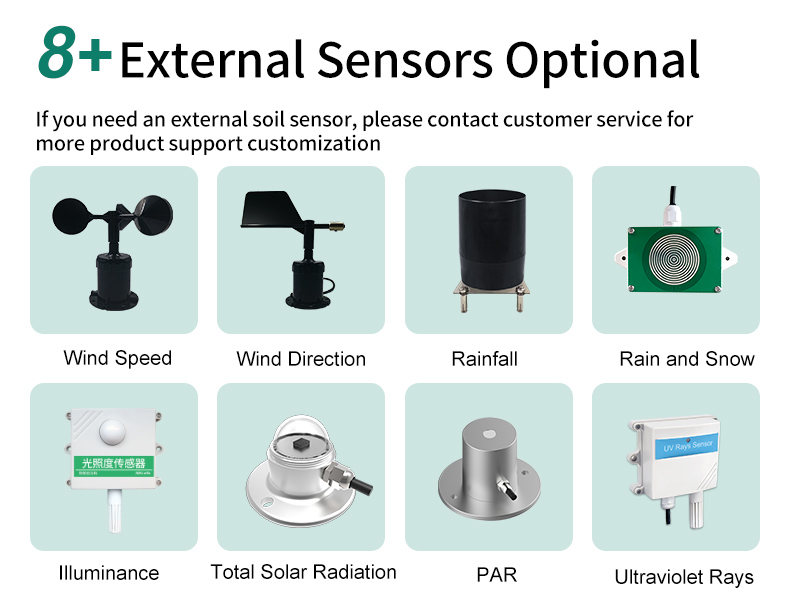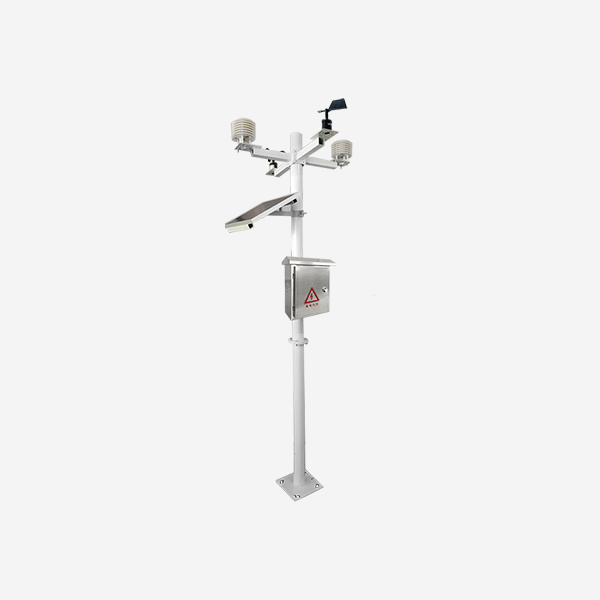Understand the best weather station
A best weather station is an essential tool for monitoring and predicting weather conditions. Whether you are a professional meteorologist or a weather enthusiast, having a reliable weather station can provide valuable information for planning outdoor activities, farming, or even just staying informed about the local weather. With so many options available in the market, it is important to understand the key factors to consider when selecting the best weather station for your needs.

The factors to consider when selecting the best weather station
Accuracy is one of the most critical factors to consider when choosing a weather station. The accuracy of weather data is crucial for making informed decisions. Look for a station that uses high-quality sensors and has a reputation for providing accurate readings. It is also important to consider the calibration and maintenance requirements of the weather station to ensure ongoing accuracy.
Another important factor to consider is the range of measurements provided by the ambient weather station . Different weather stations offer different sets of measurements, including temperature, humidity, barometric pressure, wind speed and direction, rainfall, and UV index. Assess your specific needs and select a met station that provides the measurements that are most relevant to you. For example, if you are a farmer, you may prioritize temperature, humidity, and rainfall data for irrigation management.

Ease of use and installation should also be considered. A good weather station should be user-friendly and easy to set up. Look for a met station that comes with clear instructions and intuitive controls. Wireless weather stations are popular as they eliminate the need for complex wiring and allow for flexible sensor placement. Consider the size and design of the weather stations as well, ensuring that it fits well in your desired location.
Connectivity options are another aspect to evaluate. Many modern weather stations offer connectivity features that allow you to access real-time weather data remotely. These stations often come with Wi-Fi or cellular connectivity and can be linked to smartphone apps or online platforms. This enables you to monitor the weather conditions from anywhere, enhancing convenience and accessibility.
Durability and reliability are essential, especially if you plan to install the met station outdoors. Look for a meteorological station that is built to withstand various weather conditions, including extreme temperatures, rain, and wind. Weather stations with sturdy construction and high-quality materials will ensure long-term performance and minimize the need for frequent repairs or replacements.
Consider your budget when selecting a met station. Weather stations vary in price depending on their features and capabilities. It is important to find a balance between your budget and the features that are most important to you. Remember, investing in a high-quality met stations may provide more accurate and reliable data, leading to better decision-making in the long run.
Sum up
In conclusion, selecting mets station requires careful consideration of accuracy, measurement range, ease of use, connectivity options, durability, and budget. By evaluating these factors and understanding your specific needs, you can make an informed decision and choose meteorological station that will provide accurate and reliable weather data for years to come. Whether for personal or professional use, a high-quality met station is a valuable tool for staying informed and prepared in an ever-changing climate.
